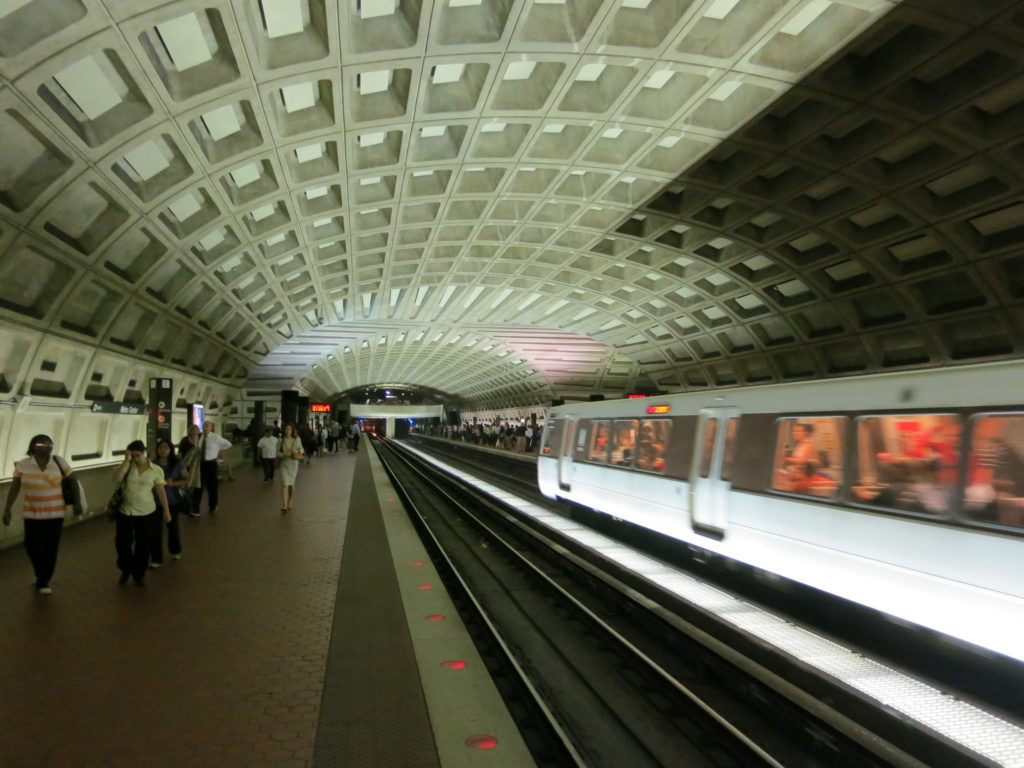During the 2018 General Assembly session, Democrats fought tooth-and-nail to pass tax increases on ride-sharing platforms like Uber to pay for transportation upgrades that have been languishing for years, like the capital-area Metro system. Last week, the Washington, D.C. City Council voted in a massive tax increase on the city’s Uber, Lyft, and Via services from a one percent to a six percent duty to pay for the crumbling, frequently broken-down Metro lines that scythe through the nation’s capital.
The new tax means at least a 50-cent increase on a $10 ride, which one councilman says, “No one will notice that.”
City Councilman Jack Evans, who is also the chairman of the Metro board, which runs independent from the local government, says many Metro riders will be happy to pay because, “they have no idea what they are going to pay anyway.” In a report from Reason, Evans has described the prospect of taxing Uber and other ride-sharing businesses as “very exciting.”
Last week’s vote left ride-sharing companies unhappy as they have lobbied for lower taxes that excluded trips taken with carpooling services, leaving the door open for the city to tax individual riders. In March, D.C. Mayor Muriel Bowser had proposed a more modest 4.75 percent tax on ridesharing trips, but it fell on deaf ears for a more “exciting” tax opportunity emerged.
The tax leaves the incentives of forgoing one’s car in favor of ride-sharing less attractive. The sentiment is echoed by Lyft as a spokesperson said following the vote, “While we’re disappointed that City Council voted to increase taxes across the board without providing measures to incentivize the use of shared rides, Lyft remains focused on providing the best transportation experience possible.”
Weekday Metro ridership has plunged over the past few years, down from 639,000 per week in May 2016, to 612,000 in May 2017, to just 598,000 per weekday this year in May. Currently, the weekly ridership is on the same track as it was in the early 2000s when Washington D.C. had 1.5 million less residents, showing that mismanagement and untimely service has cost them.
People have become frustrated with decades of disrepair of woeful maintenance, which means on any given day somewhere on the Metro line there is a power outage, or a track fire, or numerous other issues that create delays and longer wait times for riders. Sometimes repairs can have a single station closed for the better part of a year.
Former Metro riders have taken to Uber and Lyft to mitigate the cost of taking Metro, but will now pay to get where they are going on time.
The tax to bolster Washington, D.C.’s 2019 budget will use the extra funds to fix the ailing Metro system, which is still in the throes of safety scandals.
According to the report, an April inspection revealed that 1,700 concrete panels installed on the system’s under-construction Silver Line were defective. In May, a report from Metro’s inspector general found that inspectors at its Rhode Island Avenue station, “had copied text verbatim from previous years’ structural integrity inspections into their reports and failed to inspect hard-to-reach portions of the station.”
Unfortunately, this tax represents a “bailout” for Metro as Washington is now taxing a transportation service that people use in an attempt to mend one people don’t. Metro has received mounds of cash in the past to fix broken lines, but it fails every time to repair the biggest problem – management. No real change will come to the Metro system if the people who have been managing it for years do not have their careers extinguished faster than the fires on the tracks are put out.

